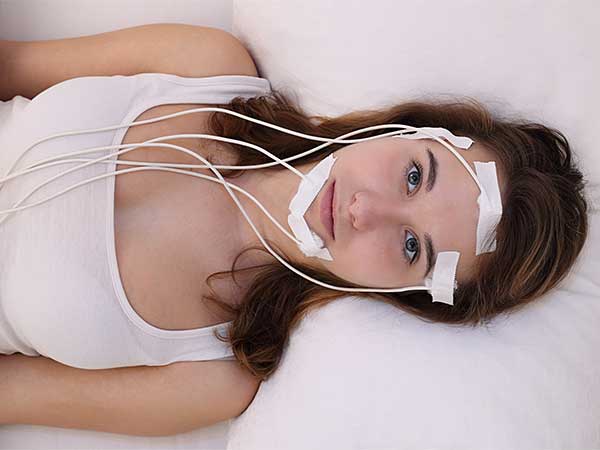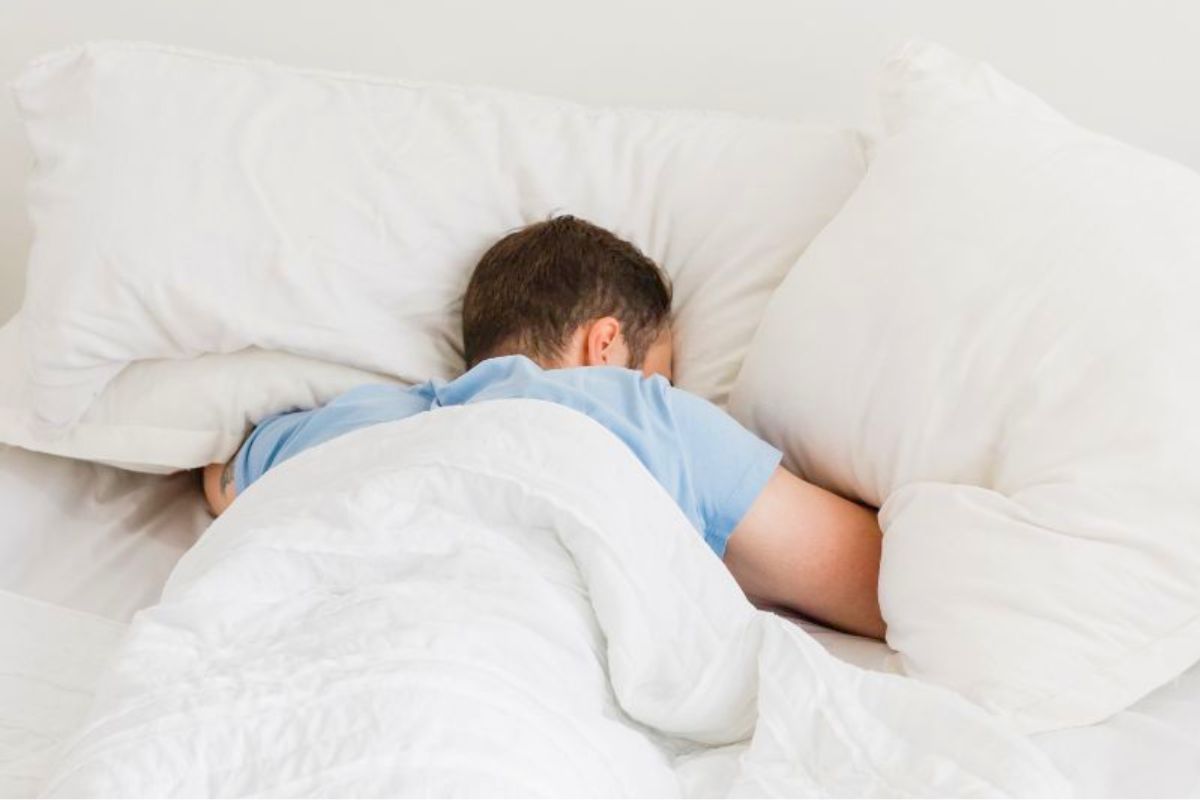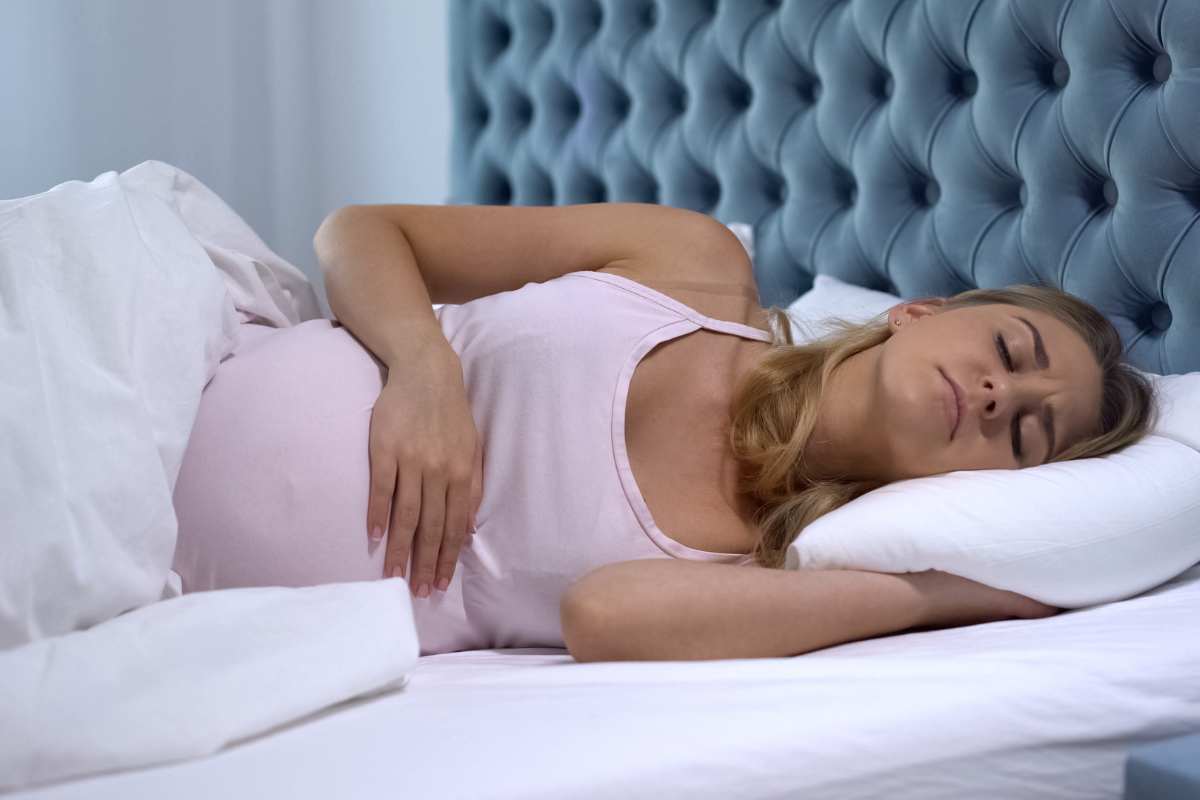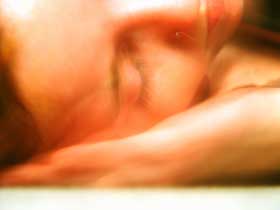A sleep disorder clinic may be the best solution to finding out the cause of your sleep problems. Because none of us can know exactly what happens while we sleep, it may be necessary to have a sleep study done so that your doctor can figure out what’s wrong and recommend a course of treatment or a change of lifestyle than can help to improve your sleep habits.
While having a sleep study done is actually rather common, there can be many misconceptions about the process. When most people think about having their sleep habits monitored, they probably visualize a cold, clinical location similar to a hospital or doctor’s office with lots of machines and someone watching them all night. This isn’t precisely the truth.
Because the purpose of visiting a sleep clinic is to find out what is disturbing your sleep pattern, it is crucial that you are able to sleep normally while you’re there. For this reason, most clinics are actually designed more like hotels, with quiet, comfortable, relatively homey rooms that make it easy for a patient to relax and fall asleep as he or she normally would.
If you are experiencing regular disruptions to your sleep pattern, your doctor will likely suggest having a sleep study done. He’ll then discuss with you exactly what to expect from the study and may give you some instructions to follow in preparation. The most important of these is to avoid any caffeine, including coffee, tea, cola or chocolate, in the afternoon and evening prior to the study so that you won’t have difficulty falling asleep.

RioPatuca Images / stock.adobe.com

RioPatuca Images / stock.adobe.com
What Happens At The Sleep Disorder Clinic?
Once you arrive at the sleep disorder clinic, you’ll be shown to a room and prepare for bed as you normally would. Most studies begin somewhere between 5:30 and 9:30 pm. The technician will show you the equipment to be used and explain it and will then attach a variety of sensors to your head and body with a mild adhesive. These sensors will monitor all of your vital signs and activity while you sleep.
You’ll then be left to relax, watch TV, read, or do whatever else you would normally do until going to bed at your usual time. The technician will remain overnight and monitor the equipment in a separate room, coming in only to help detach the sensors if you have to go to the bathroom or if there is a problem. When you get up in the morning, the sensors are removed and the data that has been collected is then sent to a sleep disorder specialist for analysis.
It is also possible to have a daytime sleep study, called a nap study, to monitor daytime sleep habits. This is usually restricted only to those cases where narcolepsy is suspected. In either case, it can take up to two weeks to thoroughly analyze all of the data collected at the sleep disorder clinic so that a proper diagnosis of your sleep related problems can be made.
If you are having trouble sleeping, by all means discuss your issues with your doctor and don’t be surprised if you are referred to a sleep disorder clinic. A sleep study is the single best way for your doctor to determine exactly what’s happening and get to the root of your problem.
It is not painful or invasive and should never be a cause of anxiety. Far from it, you should actually be able to rest easier knowing that you are doing everything your can to help yourself get a good night’s sleep.
Related Articles:








New! Comments
Share your tips and feedback. Leave me a comment in the box below.